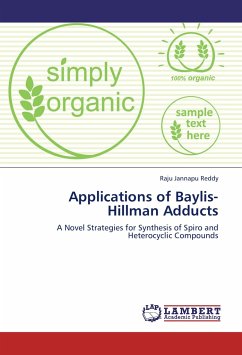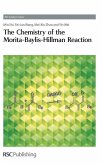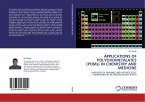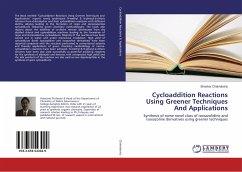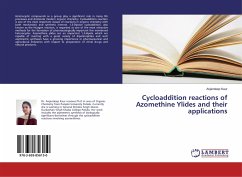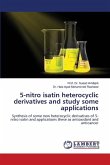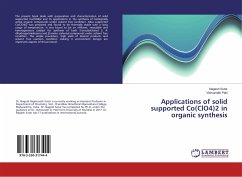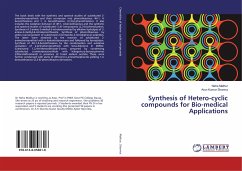The Baylis Hillman (BH) reaction is a popular carbon carbon bond forming reaction. In the last decade, this reaction has received much attention and exponential growth due to its operational simplicity and enormous synthetic applications. The several reasons for the rapid growth of this reaction: (a) the starting materials are commercially/readily available; (b) atom-economic nature and mild reaction conditions; (c) usually involves a nucleophilic organocatalytic system without heavy-metal pollution; (d) the Baylis Hillman adducts are multifunctional and are highly flexible. The main objectives of this work towards development of novel strategies for synthesis bioactive spiro and heterocyclic compounds from their BH adducts. The origin and growth of Baylis-Hillman reaction was briefly described in the first chapter. Recent and relevant synthetic applications of BH adducts were documented in chapter two. In third chapter, presented detailed studies of original and significant contributions of research results for synthesis biologically important spiro and heterocyclic compounds. Finally, the work is concluded giving an experimental details and references in the chapter four.

